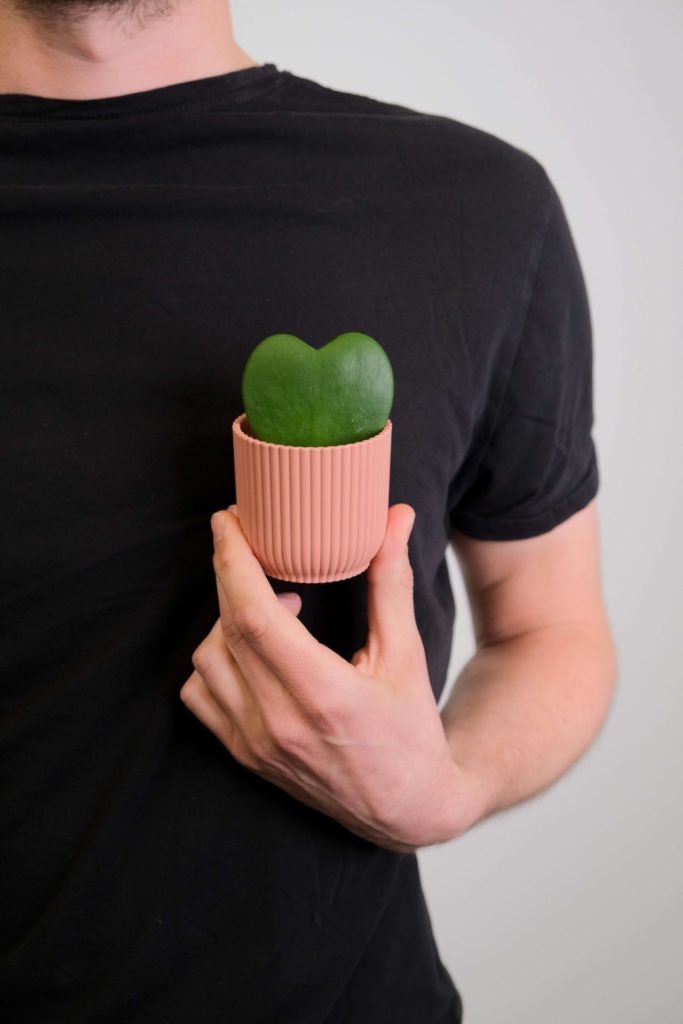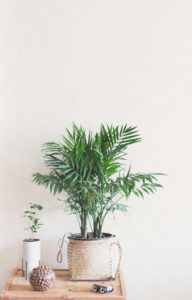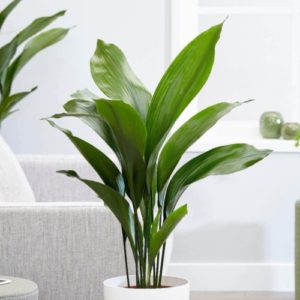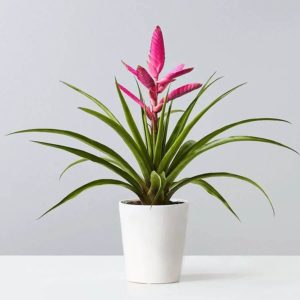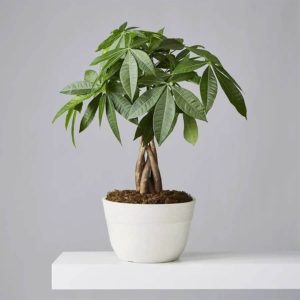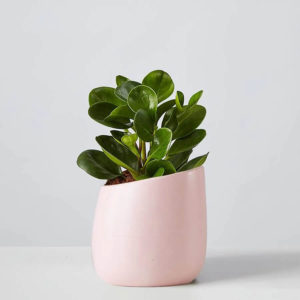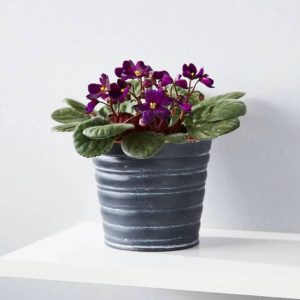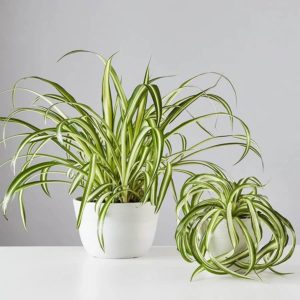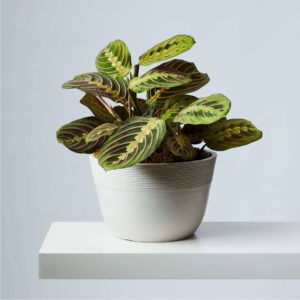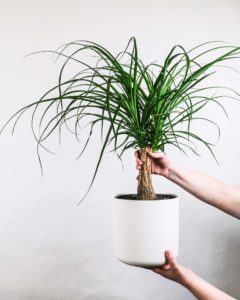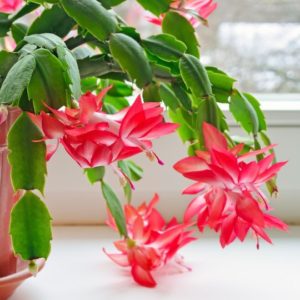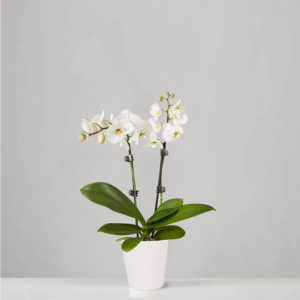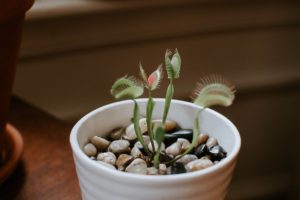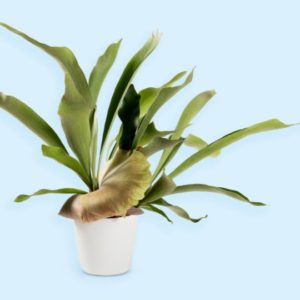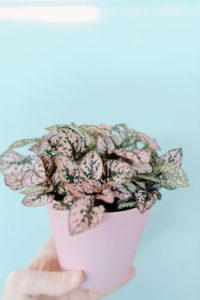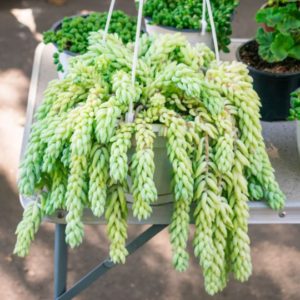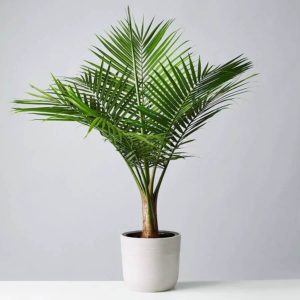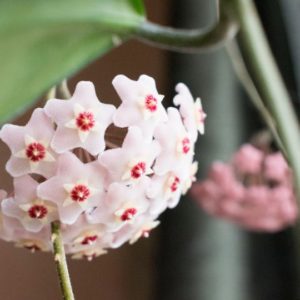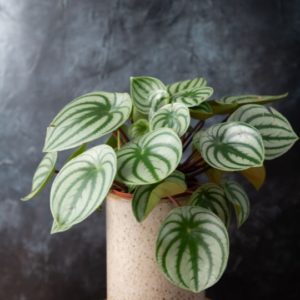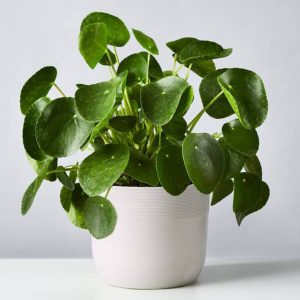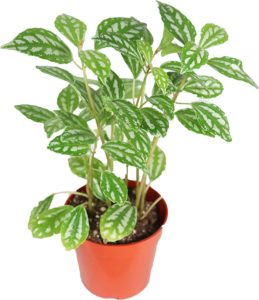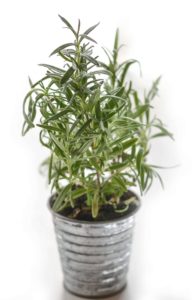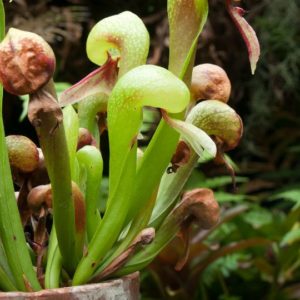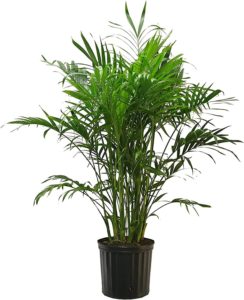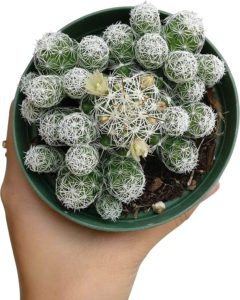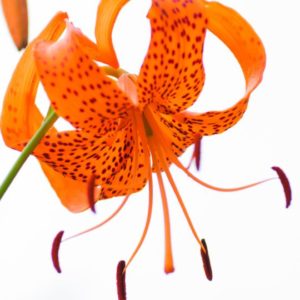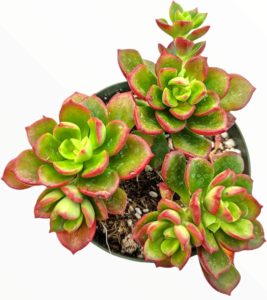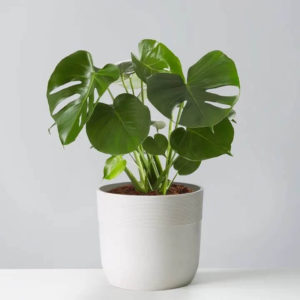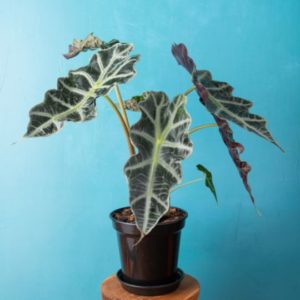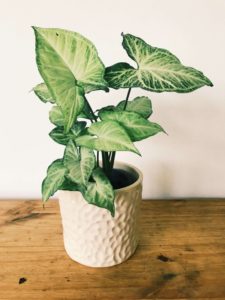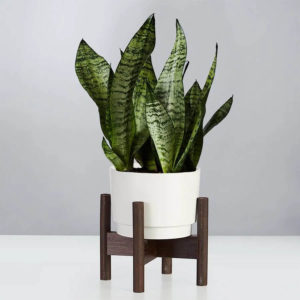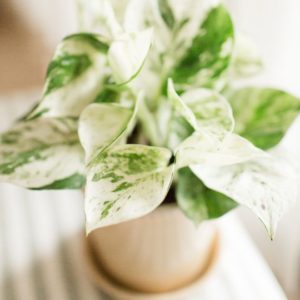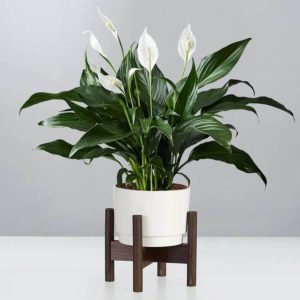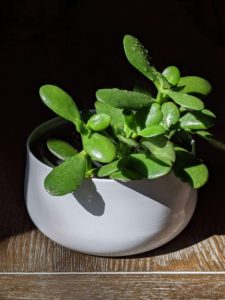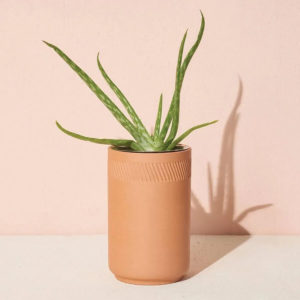
If you’re a dog owner, you know that keeping your pet safe is of utmost importance. That’s why we’ve put together this list of 32 houseplants that are nontoxic for dogs. Whether you’re looking for a new plant to add to your collection or you just want to be sure that the plants in your home are safe for your furry friend, you’ll find what you need here.
Want to find out if you have houseplants that may be toxic to your dog? Jump down to our list of 10 common houseplants that are toxic to dogs.
What Makes a Plant Pet-Friendly?
Many common houseplants can be toxic for dogs if they ingest them. Some of the most common toxic plants include lilies, sago palms, and ivy. If you have any of these plants in your home, be sure to keep them out of reach of your dog.
Simply put, pet-friendly plants are nontoxic plants, which means they lack any known poisons that might be ingested or come into contact with.
According to the ASPCA, there are over 233,000 pet poisonings every year. Plants are the 8th most reported pet toxin and 6% of poison incidents are from toxic plants.
Toxicity in plants is not the same across the board.
- There are major toxicity plants which can cause serious illness or death if ingested by your dog.
- There are also minor toxicity plants which can cause minor illnesses like vomiting or diarrhea.
- And some plants may cause rashes or skin irritation if your pet rubs up against them.
The most toxic plant for cats are Lilies—the mortality rate is 50%. For dogs, Sago palms have a 32% – 50% mortality rate.
If you think your dog is ill or may have ingested a poisonous substance, contact your veterinarian or APCC 24-hour emergency poison hotline at 1-888-426-4435.
Popuplar Houseplants That Are Safe & Non-toxic to Dogs
The good news is that there are plenty of popular houseplants that are non-toxic and safe for dogs—so you don’t have to go eliminating all houseplants from your home. Here are 32 of our favorite pet-friendly houseplants for you to try your green thumb out on.
This post may contain affiliate links. By purchasing through them you can help support us at no extra cost to you!
1. Sweetheart Plant
Scientific name: Hoya Kerrii
Also known as the Valentine hoya, the Sweetheart plant is a non-toxic plant that’s perfect for dog owners. This easy-to-care-for succulent needs lots of sun, a little bit of water, and well-draining soil. Your favorite sunlit windowsill is the perfect spot for this sweetie.
2. Areca Palm
Scientific name: Dypsis lutescens
These luscious palms have a lifespan of up to 10 years, and is a relatively low-maintenance houseplant. They need plenty of light, and should be watered enough to keep the soil slightly moist in spring and summer.
3. Parlor Palm
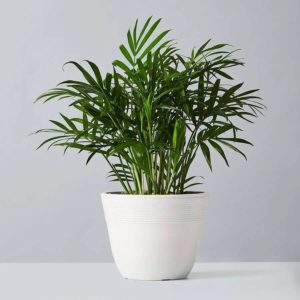 Starting at $44.99 at Plants.com
Starting at $44.99 at Plants.com
Scientific name: Chamaedorea elegans
A smaller relative of the Areca palm, the Parlor is another great palm plant for indoors. Again, give this guy plenty of bright indirect light, and keep soil moist but avoid overwatering.
4. Cast-Iron Plant
Scientific name: Aspidistra elatior
Not only are cast-iron plants dog-friendly, but they’re also relatively low-maintenance. Often used for landscaping, they also make great indoor plants and can withstand lower levels of light indoors as well. Keep them away from direct sunlit windows and water once soil is completely dry. Another bonus of growing them indoors is that they’ll occasionally grow cream and purple flowers, which they don’t typically do when grown outdoors.
5. Bromeliad
Scientific name: Bromeliaceae genera
Bromeliads are another versatile plant in that they can be grown indoors or out, but they require a little more specific care depending on the variety. In general they have colorful leaves and may take several years until they bloom. They need bright, indirect light and fast-draining potting soil.
6. Money Tree
Buy at Plants.comScientific name: Pachira aquatica
The traditionally braided trunks of money trees are thought to trap fortune within its folds, and are considered to bring luck to their owners. Money trees prefer bright indirect light, water when 50-75% dry, and should be rotated monthly to ensure even growth.
7. Baby Rubber Plant
Starting at $46.99 at Plants.com
Scientific name: Peperomia obtusifolia
Baby rubber plants are just one of the many popular varieties of peperomias. They thrive best in medium to bright indirect light, but can adapt to low light and even fluorescent light settings. Water when 50-75% dry and discard additional water in the saucer—it can hold quite a bit of water in its stems and is forgiving of the occasional forgotten watering.
8. African Violet
Scientific name: Saintpaulia
These flowering plants are another indirect light lover. They love humidity but avoid misting them to prevent root rot. Water when 25% dry.
9. Spider Plant
Starting at $44.99 at Plants.com
Scientific name: Chlorophytum comosum
Also known as a ribbon plant, spider plants are a fun showy plant to add to your home. They’re super adaptable and can tolerate low light, but prefer and grow best with indirect bright light.
10. Prayer Plant
Scientific name: Maranta leuconeura
This tropical plant gets its name because the leaves tend to fold together at night giving them the look of praying hands. They love indirect sunlight and evenly moist soil.
11. Pony Tail Palm
Scientific name: Beaucarnea recurvata
The Pony Tail Palm is drought tolerant and slow-growing, and perfect for people who travel often, too. It loves bright light and can live outdoors in the summer months to soak up the sunshine and be brought back indoors when temperatures drop. Dry completely between waterings.
12. Christmas Cactus
Scientific name: Schlumbergera bridgesii
This cactus features flat stems that can have pink flowers that grow out of the tips of them. They’re a winter-flowering houseplant, hence the name Christmas Cactus. They love bright indirect sunlight and should only be watered when the soil is completely dry. Christmas Cacti are easy to propogate.
13. Phalaenopsis Orchid
Scientific name: Phalaenopsis amabilis
Orchids may seem finicky, but they’re actually a fairly simple plant to maintain. They don’t bloom year round, which can fool owners into thinking they’re not thriving. They prefer bright indirect light, water weekly and remove extra water from saucer.
14. Venus Fly Trap
Scientific name: Dionaea muscipula
This renowned carnivorous plant loves bright direct light, as well as staying consistently moist. Water when planting medium is 25% dry. And there’s no need to fertilize them, as they get their nutrients from the insects it traps and digests.
15. Staghorn Fern
Scientific name: Platycerium bifurcatum
Also known as the Elkhorn fern, this houseplant has antle-like fronds which give it its name. Water plants from below rather than on top of the leaves. They grow best in bright, indirect light and need lots of humidity.
16. Polka Dot Plant
Scientific name: Hypoestes phyllostachya
This dog-friendly houseplant features variegated leaves, with the most common variety boasting green spots across its pink base color. Ploka dot plants love partial sun with moderately moist soil.
17. Burro’s Tail
Scientific name: Sedum morganianum
This trailing succulent is ideal for hanging baskets. They like full to partial sun and can be watered like a typical succulent (sparsely). They’re also easy to propogate.
18. Majesty Palm
Scientific name: Ravenea rivularis
This palm has rich green fronds that grow in elegant arches. They can adapt to low light, but prefer a spot with bright indirect light. Water when the top half of the soil is dry.
19. Lipstick Plant
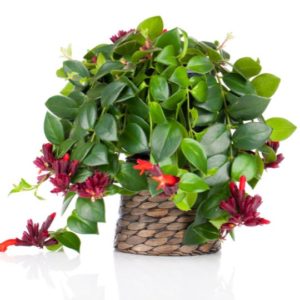
Scientific name: Aeschynanthus radicans
This fun plant blooms with bright red tubular flowers that resemble a lipstick tube. This is a trailing plant which makes it good atop a shelf or for a hanging basket. It likes bright, filtered light and very well-draining soil as they’re sensitive to overwatering.
20. Wax Plant
Scientific name: Hoya carnosa
Also known as the porcelain flower, this hoya features a vine of thick, leathery leaves and blooms with clusters of star-shaped white or pink flowers. They can be fast growers, and like bright indirecte light year-round. Allow soil to dry thoroughly between waterings and water less in the winter months.
21. Watermelon Peperomia
Scientific name: Peperomia argyreia
Likened to watermelon because of its striped white and green leaves that look like watermelon rinds, this peperomia variety is fairly easy to care for. Does well in low to indirect light and water when soil is 50-75% dry.
22. Friendship Plant
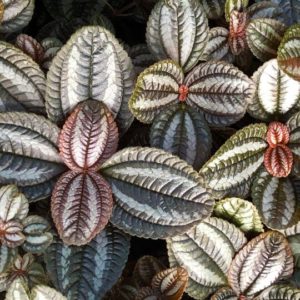
Scientific name: Pilea involucrata
Cuttings from the friendship plant take root rather quickly, which makes them a fun and easy plant to propagate and gift to friends. They feature velvety crinkly leaves and under the right conditions bloom with pale pink flowers. They love 6-8 hours of indirect light a day, ample humidity, and evenly moist soil.
23. Chinese Money Plant
Find More Care Info and Buy at Plants.com
Scientific name: Pilea peperomioides
This popular plant is known for its uniquely shaped leaves and is sometimes called a coin plant or pancake plant. It originates from Southwest China and was thought to bring its owner good luck. They love bright indirect light, and should be allowed to dry almost completely between waterings.
24. Aluminum Plant
Scientific name: Pilea cadierei
This stunning houseplant boasts silvery streaks on its leaves and can be a fairly easy houseplant for the novice. Although it can be easy to care for, it can be particular about its growing conditions. Special care should be taken in transplanting it to a larger pot when its roots start to outgrow its current pot. It needs bright indirect light for at least four hours a day.
25. Basil
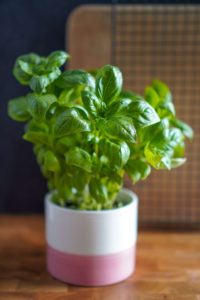
Scientific name: Ocimum basilicum
A common herb for cooking, the basil plant also makes for a dog-friendly houseplant. Can be grown in a pot on the patio or on a sunny windowsill indoors, just make sure it gets 6-8 hours of direct sunlight each day. Don’t let the soil dry out and if growing indoors, give it a little mist a few times a week. And although it’s non-toxic to pets, it’s meant to be fed to humans only.
26. Rosemary
Scientific name: Salvia rosmarinus
Another great herb to have on hand, rosemary can also be grown indoors and also needs 6-8 hours of direct sunlight a day. Unlike basil, you do want to let the soil for rosemary dry out completely between waterings. It also likes a light misting a few times a week when grown indoors.
27. Cilantro
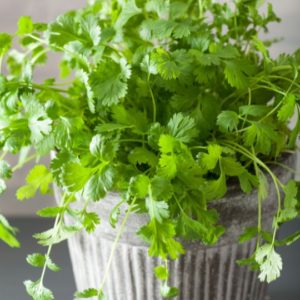
Scientific name: Coriandrum sativum
An essential for any San Antonio household, did you know that the cilantro plant’s seeds are the source of coriander? As our other herbs on the list, cilantro loves lots of bright sun, but don’t let the soil dry out completely.
28. California Pitcher Plant
Scientific name: Darlingtonia californica
This carnivorous plant is also sometimes called the Cobra plant because its long hooded leaves curve over like a snake. They love bright light and can also be grown under fluorescent lights. It’s sensitive to the chemicals that can be found in tap water, so it should only be watered with distilled water, and the soil should not be allowed to dry out. These beauties love a humid environment, so mist your pitcher plant every day.
29. Cat Palm
Scientific name: Chamaedorea cataractarum
Your dog might not have a friendly relationship with cats, but it can have a great one with this dog-friendly Cat palm. Like most palms, it’s pretty fuss-free, likes bright light and even takes formaldehyde out of the air.
30. Thimble Cactus
Scientific name: Mammillaria fragilis
This fun and striking succulent grows in small cylindrical clusters that resemble thimbles. They love full sun to partial shade and have the typical watering needs of a cacti. They’re easily propagated and can bloom tiny cream-colored flowers in cooler months.
31. Tiger Lily
Scientific name: Lilium tigrinum
This bulb flower typically has orange blooms, but occasionally you can find red and yellow colored varieties. Although they only bloom once a year, they can produce up to 10 blooms per stem. The plants will grow back year after year and are great for the garden but can also be grown in pots. The key is giving them good drainage to avoid bulb rot. They prefer direct sun for about 6 hours a day.
You should note that although tiger lilies are not toxic to dogs, they are toxic to cats, and their pollen can be toxic to humans, as well.
32. Copper Rose Succulent
Scientific Name: Echeveria multicaulis
Last on our list of gorgeous pet-safe houseplants is the copper rose succulent. Their leaves feature orange to red edges which increase with the amount of light they receive.
Hopefully you found at least one pet-friendly houseplant that caught your eye on the list above. Now check the list below for some common plants that are best to keep away from Fido.
Popular Plants That Are Actually Toxic to Dogs
1. Monstera
Scientific name: Monstera deliciosa
Also known as the Swiss Cheese Plant, Monsterras are a wildly popular houseplant that’s actually toxic to dogs. If ingested, this plant can cause oral irritation, intense burning and irritation of mouth, tongue and lips, excessive drooling, vomiting, difficulty swallowing. If you have a dog who tends to chew on unexpected objects or plants, it’s best to keep this one out of the home. At a minimum you should keep this plant and any other toxic plants out of reach from your dog.
2. Strelitzia
Scientific name: Strelitzia nicolai
The Strelitzia, also known as the Bird of Paradise, is a poisonous houseplant that many people keep as a decorative item.
3. Alocasia
Scientific name: Alocasia spp.
Also known as Elephant’s ear, Alocasia is another popular and showy tropical houseplant pet owners should keep out of reach from curious pets.
4. Syngonium
Scientific name: Syngonium podophyllum
Also known as Arrowhead vines, this prolific grower is another popular plant best kept out of paws’ reach.
5. Snake Plant
Scientific name: Sansevieria trifasciata
This beloved low-light plant would be great on a shelf or at the office away from prying noses.
6. Begonia
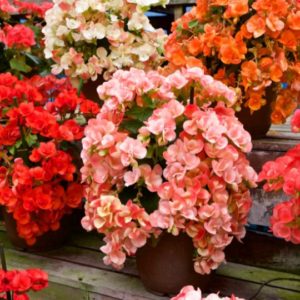
Scientific name: Begonia spp.
This native Brazilian beauty can cause vomiting, salivation in dogs and cats. The most toxic part is beneath the soil.
7. Silver Pothos
Scientific name: Scindapsus pictus
Pothos plants are famously some of the easiest houseplants to grow and propagate, but unfortunately they can cause oral irritation, pain and swelling of mouth, tongue and lips, excessive drooling, vomiting, and difficulty swallowing if your dog ingests it. Keep it high and out of reach or find an alternative from the non-toxic plants above.
8. Peace Lily
Scientific name: Spathiphyllum
While Peace lilies are pretty, they’re also pretty toxic to furry friends. Jump back up and check out the Tiger lily instead.
9. Jade Plant
Scientific name: Crassula argentea
Also known as the Dwarf rubber plant, and not to be confused with the Baby rubber plant (which is non-toxic to dogs), this guy isn’t a safe go-to houseplant for dog owners.
10. Aloe
Scientific name: Aloe vera
Although the gel from inside aloe is commonly used to treat minor burns and rashes on humans, it’s mildly toxic to dogs and shouldn’t be used on them.
We hope you found this list of nontoxic houseplants (and toxic plants to avoid) helpful! With a little bit of research, you can easily find plants that are safe for your furry friend. Didn’t see one you want to learn more about in our post? Be sure to check the comprehensive list compiled by the ASPCA. Happy Planting!
Find more dog-friendly ideas in these posts:
Dog-scaping: A San Antonian’s Guide to Dog-Friendly Landscaping

